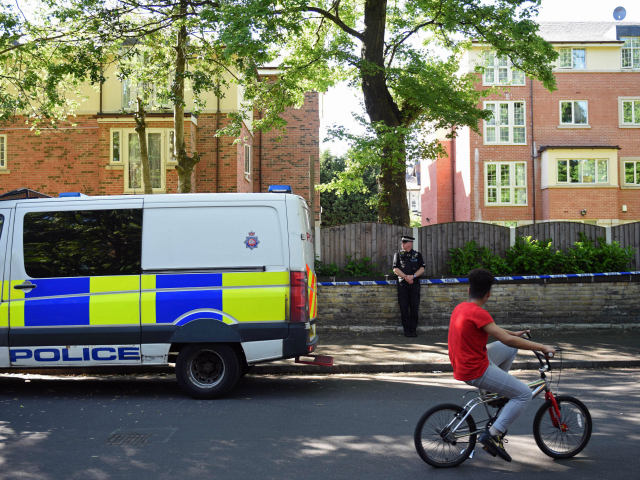The Conservatives will beef up the counter-radicalisation Prevent strategy if victorious in next month’s general election, the Home Secretary Amber Rudd has said.
Her announcement has come as it emerged that Salford University, attended by the Manchester bomber Salman Abedi between 2014 and 2016, was among those whose students’ union boycotted the strategy last year.
A plank of the government’s counterterrorism strategy, Prevent aims to stop those in the early stages of radicalisation from becoming radicalised further. Aimed at both Islamic and ‘far right’ radicalisation, the programme relies on members of the community reporting those suspected of becoming radicalised to the authorities.
Public services including schools have a duty to report those suspected of being radicalised. More than half a million public sector workers have been through the Prevent training programme to better understand what signs to look for.
The strategy is controversial in some circles thanks to claims that it demonises the Muslim community, but Rudd insisted that it was the right approach to tackling terrorism in the UK.
“We can always learn more, we can always improve and as the threat against us changes we need to make sure that our defences change,” she said.
“I have been proposing, and we will be going ahead with, an uplift in Prevent and when we do that we will also be making sure that it has even more effective outcomes in communities to protect us, to keep us safe.”
The Students’ Union at Salford University, where Abedi was enrolled on a business course, was one of a number of students’ unions to last year boycott the Prevent strategy as part of the National Union of Students’ ‘Students not Suspects’ campaign.
Minutes of the union’s February 2016 meeting show the resolution to boycott was passed 10-1 with two abstentions, with the union asserting that Prevent was being used to “create an expansive surveillance architecture to spy on the public and to police dissent, systematically targeting Black people and Muslims.”
Martin Hall, the university’s vice-chancellor until 2014, also showed an unwillingness to implement the programme. Writing for the Times Educational Supplement two years ago, Hall said that the strategy “raises issues” and could “anger and radicalise students”.
“This is because of the implication that, simply by virtue of holding Islamic beliefs, a person is more likely to become a terrorist.”
Salford is not the only Manchester university to oppose Prevent. On a phone-in on Radio 5 Live on Wednesday, Mohammed Ullah, Muslim chaplain for Manchester University and Manchester Metropolitan University, said: “As it stands [Prevent] is a toxic brand.
“It isolates the very people it is supposed to help because it turns people into spies against their own community.”
But not everyone agrees. Labour MP Khalid Mahmood told The Times: “By and large the majority of the Muslim community have no real issue with Prevent.
“What we see is small groups of so-called activists who continue to condemn Prevent but provide no alternative.
“The issue for the Muslim community is that we have just had another attack where a Muslim was involved. We all have to recognise that this is an issue the Muslim community has to deal with.”

COMMENTS
Please let us know if you're having issues with commenting.